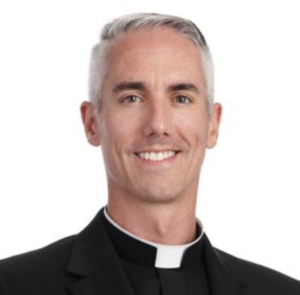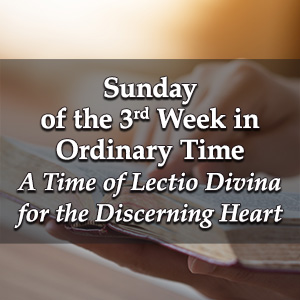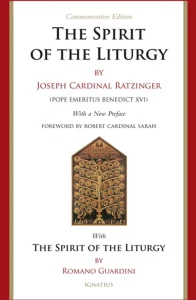Podcast: Play in new window | Download (Duration: 22:48 — 15.8MB) | Embed
Subscribe: Apple Podcasts | Spotify | Amazon Music | Android | Pandora | iHeartRadio | JioSaavn | Podchaser | Gaana | Podcast Index | Email | TuneIn | Deezer | Anghami | RSS | More

I’ll Try, but Nothing Will Come of It – Struggles in the Spiritual Life with Fr. Timothy Gallagher O.M.V.
Fr. Timothy Gallagher and Kris McGregor continue a 20-part series on the various Struggles in the Spiritual Life. This episode explores spiritual discouragement and a tactic of the enemy to induce a lack of hope, another form of a spiritual desolation, and ways to fight against it.
 You can pick up a copy of the book here:
You can pick up a copy of the book here:
An excerpt from the chapter, “I’ll Try, but Nothing Will Come of It”:
With Father Reed’s help, Bob recognizes a tactic of the enemy, another form of spiritual desolation. Ignatius describes this as “lack of hope.” When we experience this form of desolation, our thoughts are like Bob’s: we lose hope of any real progress in loving God, in prayer, in holiness, and in living our vocation well. If we think like this, we will be tempted, like Bob, to give up — precisely the enemy’s goal.
All of this is a lie! If ever you feel “defeated before you begin” in your spiritual life, recognize the lie of the enemy and reject it. Do not relinquish your efforts to grow spiritually. God’s love and the power of his grace are with you in these efforts. Compared with this, the enemy’s lies are a very small thing. Further, we can prepare to reject such lies even before the enemy brings them (Ignatius’s rule 10). After this attack by the enemy, for example, Bob can prepare himself to reject similar lies should the enemy bring them again.
Gallagher O.M.V, Fr. Timothy ; Gallagher O.M.V, Fr. Timothy. Struggles in the Spiritual Life: Their Nature and Their Remedies (pp. 59-60). Sophia Institute Press. Kindle Edition.
To find more episodes from this series, visit the Struggles in the Spiritual Life Podcast
From the book’s description: “Here is a powerful, life-changing book that will help you understand and conquer the struggles you face in your spiritual life. It’s a book for those who love the Lord and desire holiness yet often feel adrift or stagnant in their search for spiritual growth.
All of us encounter valleys on our journey with the Lord — those periods of spiritual desolation that are a painful yet unavoidable feature of our prayer life. Spiritual desolation is as complex as we are, so understanding what is happening and responding to it properly are critical to reaching the heights of holiness.
With warmth and understanding, Fr. Gallagher carefully identifies in this book the various forms of spiritual and nonspiritual desolation and supplies the remedy for each. You’ll learn how to discern whether your struggles derive from medical or psychological conditions or whether those struggles are spiritual and permitted by the Lord for reasons of growth. In each case, you’ll be given the remedy for the struggle. You’ll also learn the forms of spiritual dryness and of the Dark Night — and how to respond to them.
In chapter after chapter, Fr. Gallagher presents a particular struggle as experienced by fictional characters and then provides the advice he gives to those who come to him for spiritual direction about that struggle. You’ll gain confidence as you journey through desolation, and you’ll learn to reject the enemy’s ploys to infect you with a sense of hopelessness.”
Did you know that Fr. Timothy Gallagher has 14 different podcast series on Discerning Hearts Catholic Podcasts?
Visit here to discover more!



 Wednesday of the Third Week in Ordinary Time – A Time of Lectio Divina for the Discerning Heart Podcast
Wednesday of the Third Week in Ordinary Time – A Time of Lectio Divina for the Discerning Heart Podcast











